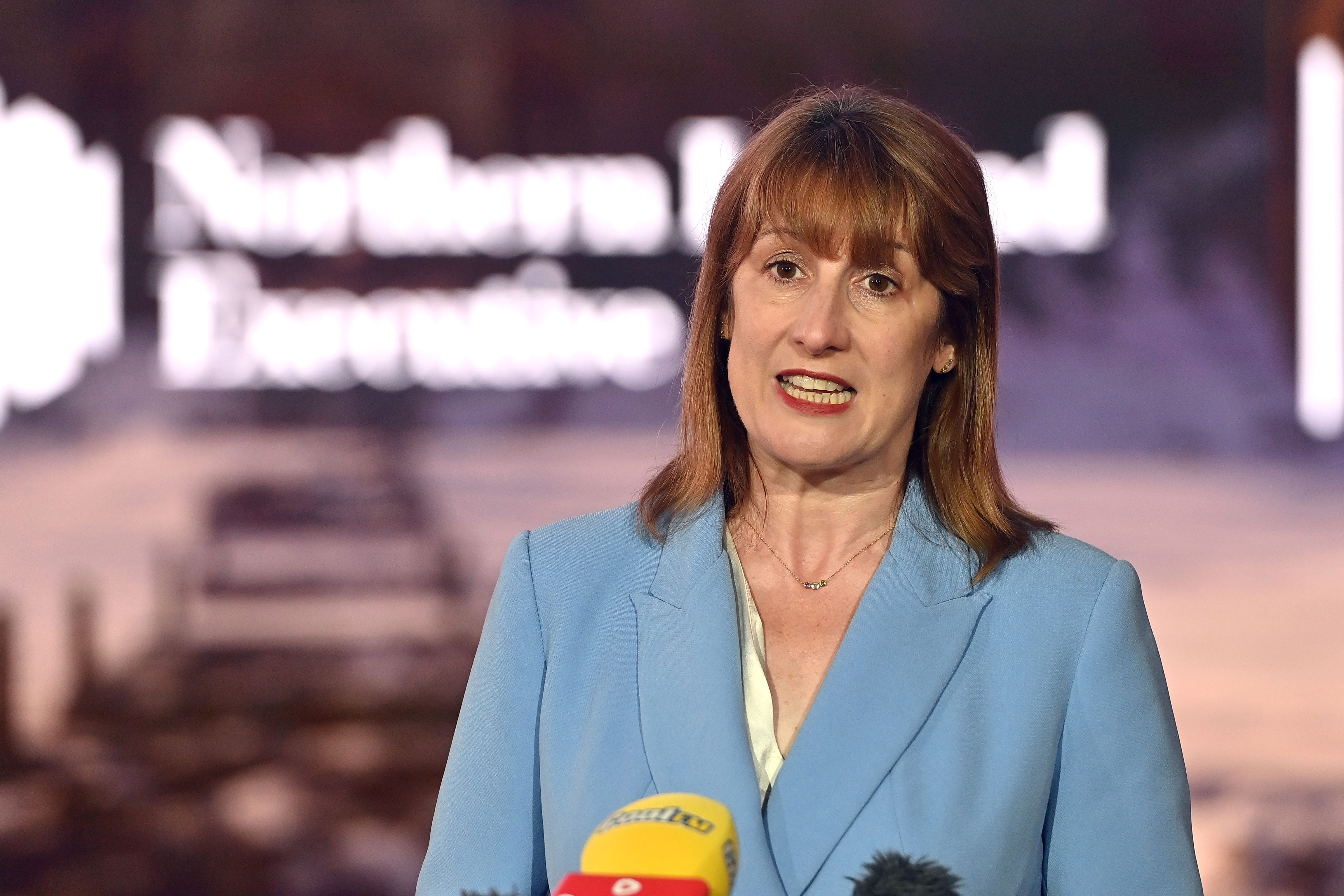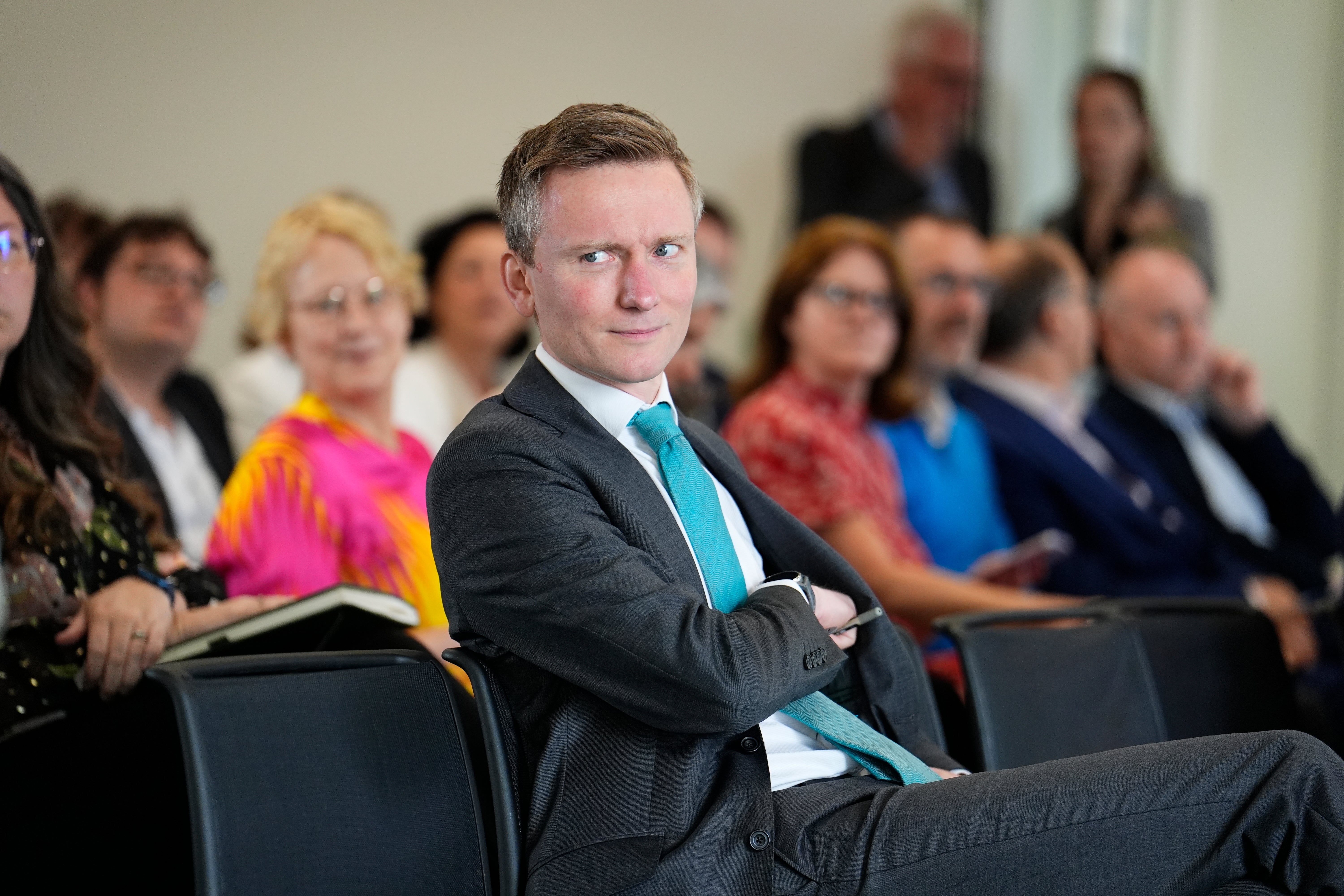Rachel Reeves could consider cutting the amount savers are allowed to withdraw in a lump sum from their pension pots as she seeks to plug a multi-billion-pound hole in the public finances.
The chancellor will look at proposals from civil servants that could raise around £2bn by lowering the limit on how much people are allowed to take out of their pension without paying tax.
Currently, pensioners can take out a quarter of their pension pot tax-free, with a cap of £268,000. Lowering the level could bring in billions of pounds of additional tax revenue each year as the Treasury grapples with a black hole of as much as £50bn.

The Treasury did not rule out lowering the cap on the tax-free pension lump sum, but an official told The Daily Telegraph it was “unlikely”. But experts told the paper Ms Reeves may be forced to consider the move because of the huge sum she needs to find in this autumn’s Budget.
Leading economists have warned Ms Reeves that she must raise taxes or tear up her flagship borrowing rules to fill a £50bn black hole left by a combination of Labour U-turns, higher borrowing and sluggish economic growth.
The National Institute of Economic and Social Research (NIESR) – a leading economic think tank – said the chancellor could also look at spending cuts in the Budget to plug a £41.2bn shortfall in the targets set out by her own so-called fiscal rules.
To restore an almost £10bn buffer in the current forecasts, the chancellor must therefore raise a total of £51.1bn, it warned.
Ms Reeves is also said to be considering hitting the owners of high-value properties with capital gains tax when they sell their homes as part of an attempt to make up the spending gap.
The chancellor is said to be looking at ending the current exemption from capital gains tax for primary residences as she seeks ways to raise cash in the face of dire warnings about the state of the public finances – a move that would be seen as a “mansion tax”.
Speaking to The Telegraph, John Harvard, a consultant at tax firm Blick Rothenberg, said: “Rachel Reeves has taken all her easy choices for increasing tax revenue off the table by sticking with her manifesto promises. But one option that remains open to her is targeting pension tax reliefs.”
Pensions minister Torsten Bell has previously suggested slashing the tax-free lump sum limit to £40,000.

The chancellor received a boost on Thursday, however, when government borrowing slowed to a lower-than-expected £1.1bn in July.
The Office for National Statistics said the figure, which was £2.3bn less than the same month a year earlier, is the lowest July borrowing figure for three years.
It came after a rise in self-assessed income tax and national insurance payments helped increase tax receipts for the month.
July borrowing was lower than the £2bn figure predicted by a consensus of economists. Borrowing for the first four months of the financial year stood at £60bn – £6.7bn more than during the same period last year.
ONS deputy director for public sector finances Rob Doody said: “Borrowing this July was £2.3bn down on the same month last year and was the lowest July figure for three years.
“This reflects strong increases in tax and national insurance receipts. However, in the first four months of the financial year as a whole, borrowing was over £6bn higher than in the same period in 2024.”
Chief secretary to the Treasury Darren Jones said: “We’re investing in our public services and modernising the state, to improve outcomes and reduce costs in the medium term.
“Far too much taxpayer money is spent on interest payments for the longstanding national debt.
“That’s why we’re driving down government borrowing over the course of the parliament – so working people don’t have to foot the bill and we can invest in better schools, hospitals and services for working families.”
A Treasury spokesman said: “The best way to strengthen public finances is by growing the economy – which is our focus. Changes to tax and spend policy are not the only ways of doing this, as seen with our planning reforms, which are expected to grow the economy by £6.8bn and cut borrowing by £3.4bn.
“We are committed to keeping taxes for working people as low as possible, which is why at last Autumn’s Budget, we protected working people’s payslips and kept our promise not to raise the basic, higher or additional rates of Income Tax, employee National Insurance, or VAT.”



